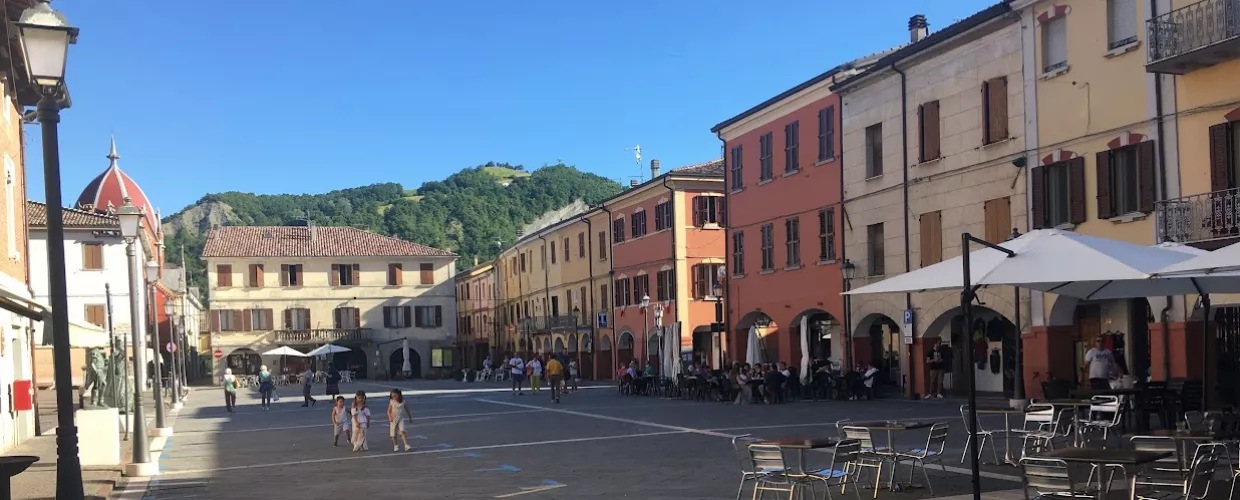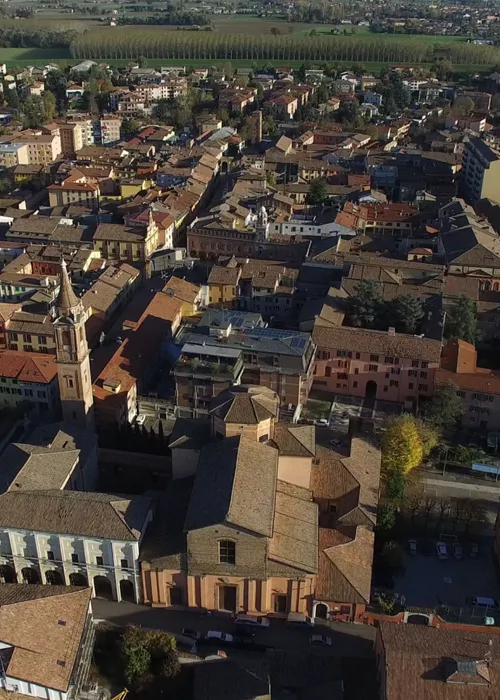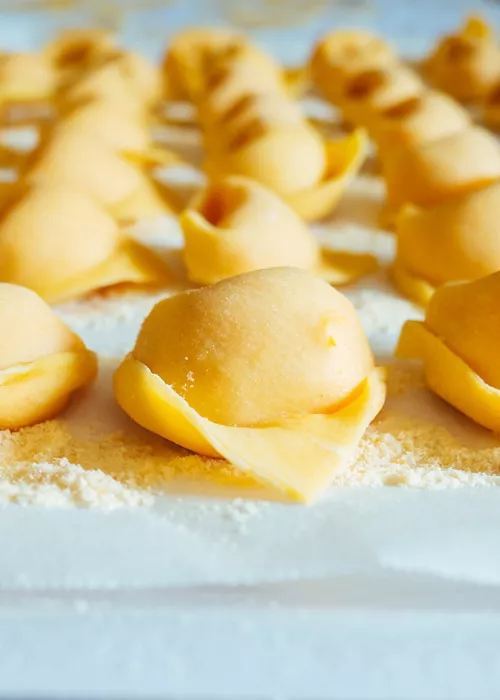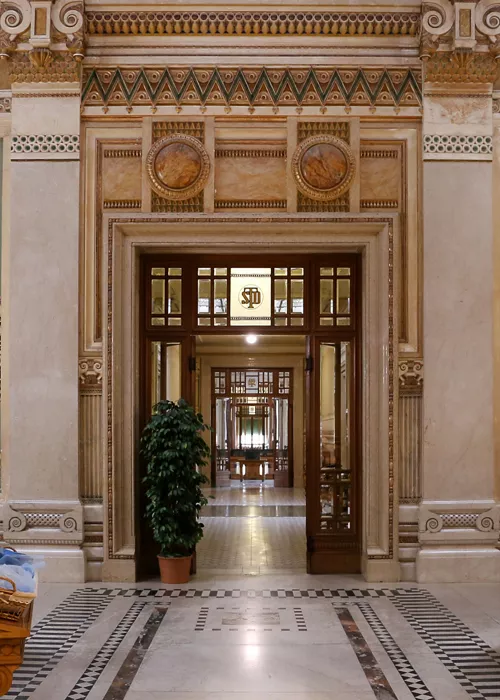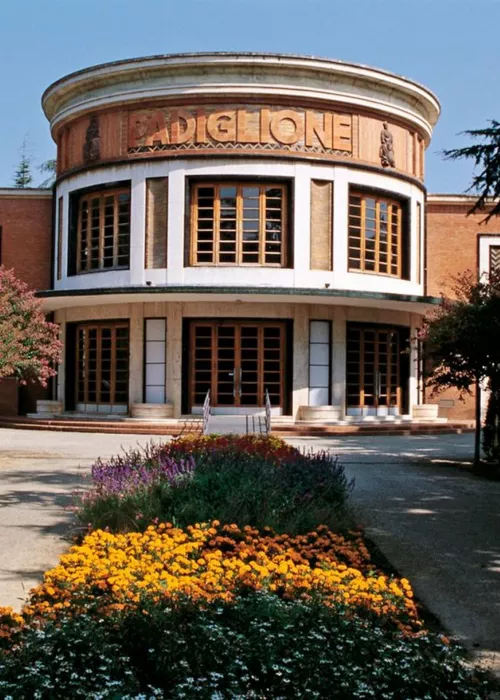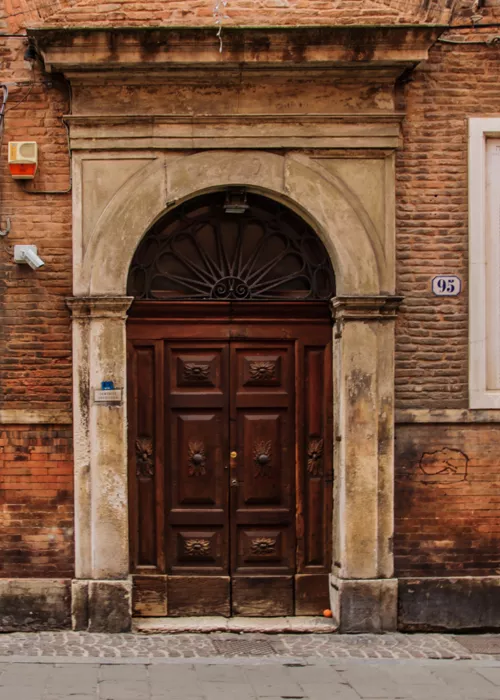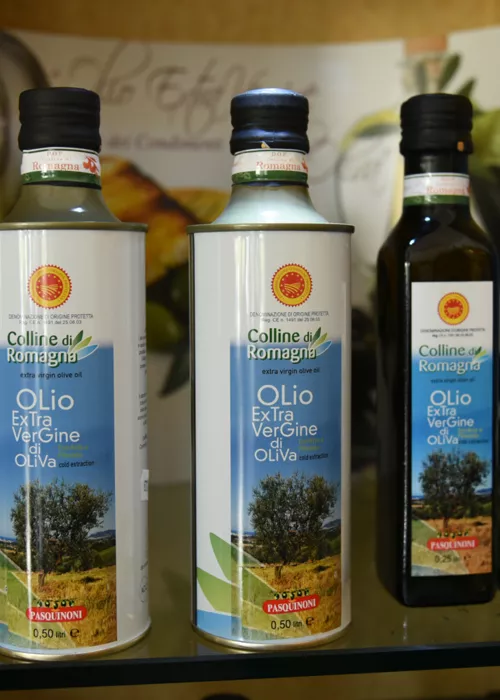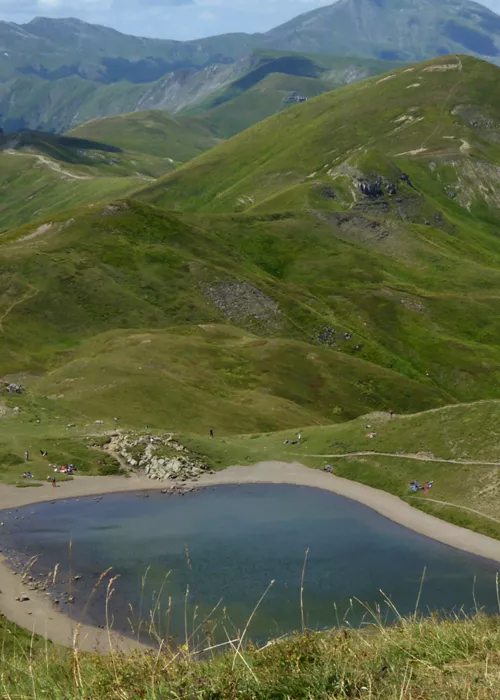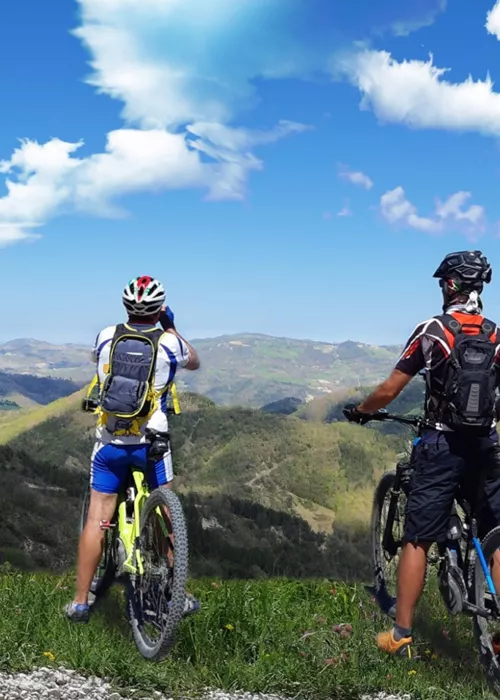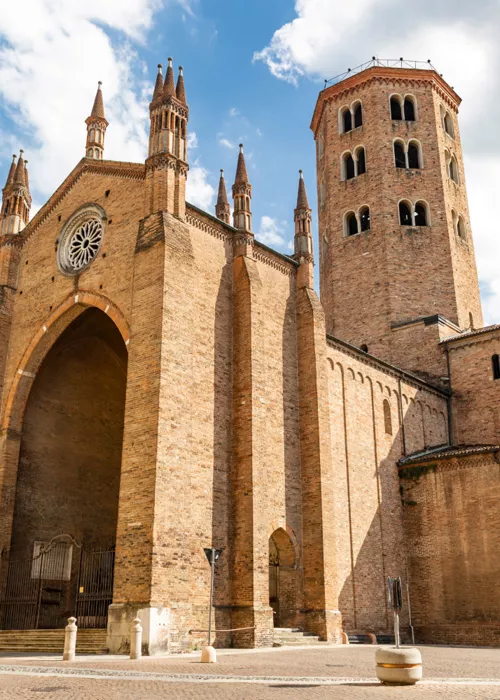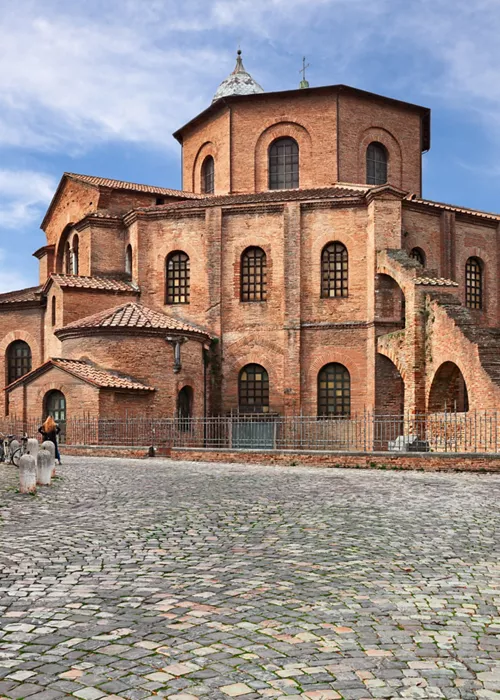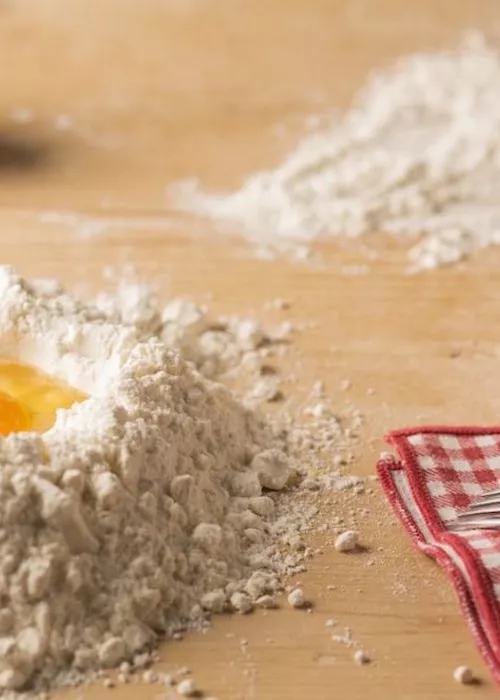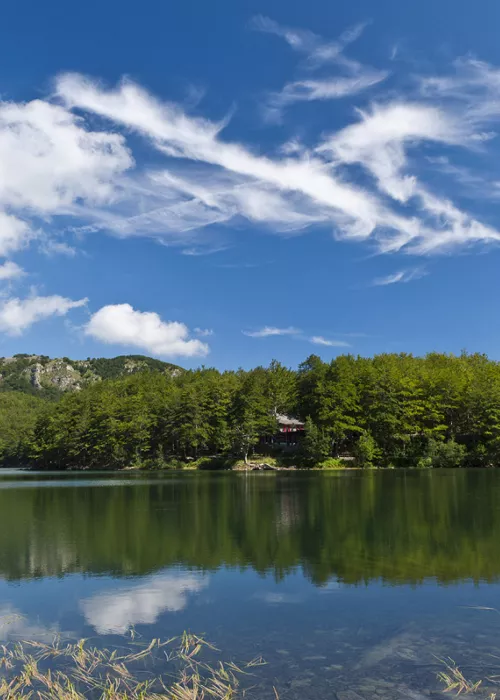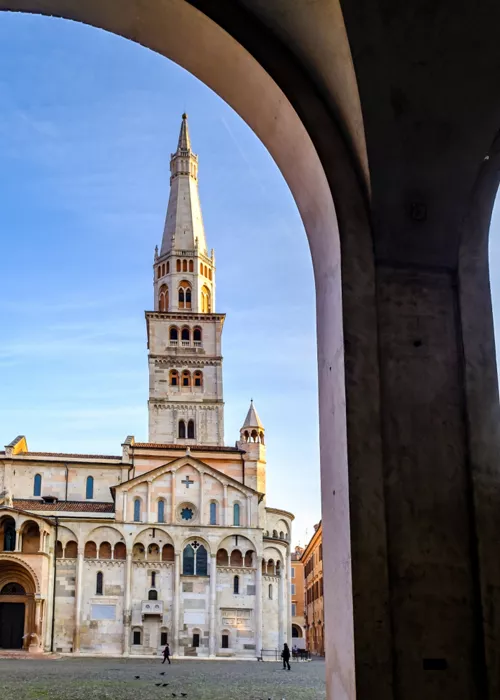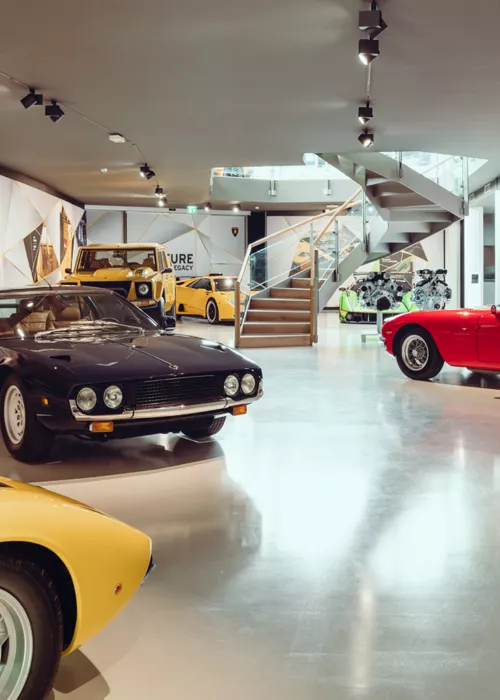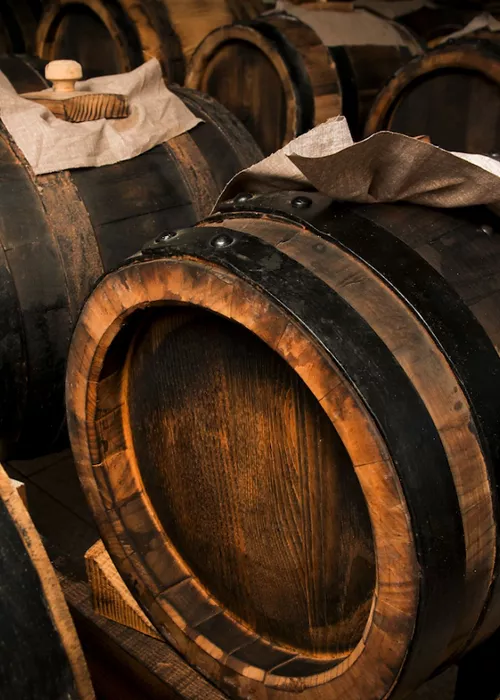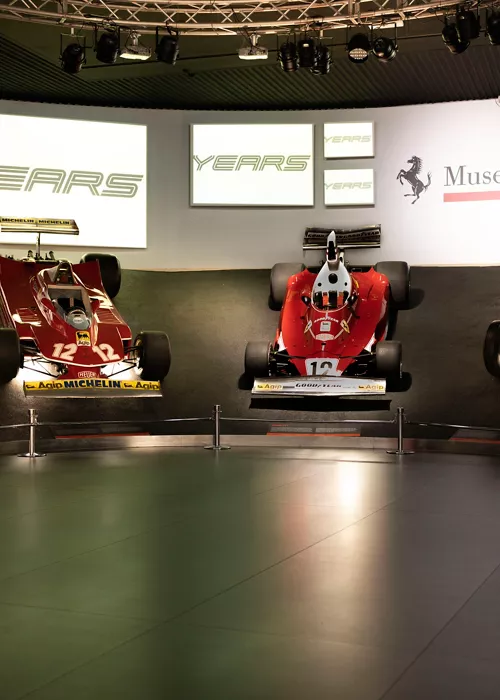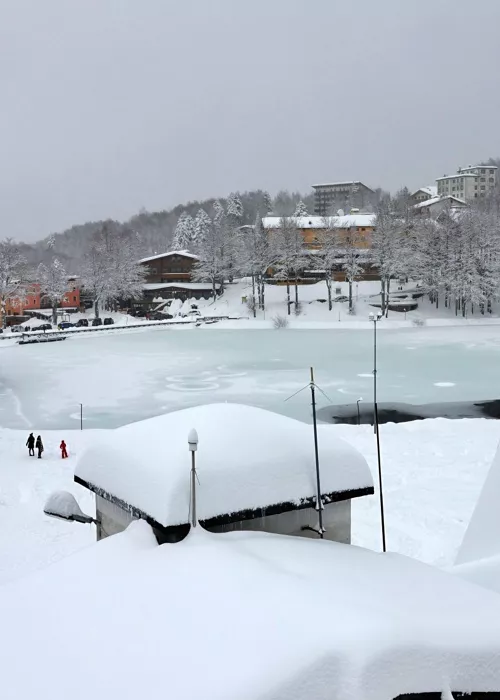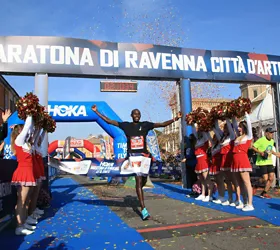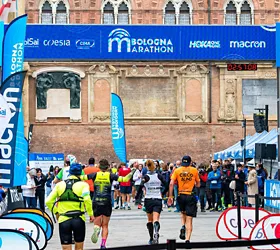Orange Flag of the Italian Touring Club
Nestled in the Savio valley, in the Tuscan-Romagna Apennines not far from Cesena, the village of Sarsina stands on a well-preserved territory that alternates between forests and woods, small lakes, mountains and secluded valleys.
The ancient history of the village, which dates back to the 6th century B.C., is recounted in the National Archaeological Museum, one of the biggest in northern Italy, and in the historic centre, where you can admire artefacts and monuments from the Roman era such as the Mausoleum of Obulacco, the Roman forum, the excavations in Via IV Novembre, and the votive temple of Caesio Sabino. Worthy of special mention is the home of Titus Maccius Plautus, the great poet and playwright who was born in Sarsina and to whom the Plautus Festival is dedicated every year in August, one of the most important and longest-running in Europe, which alternates between ancient drama and classical theatre, hosting the most important Italian actors and actresses. Also worth visiting are the cathedral basilica, which houses the thaumaturgical 'chain' used during exorcisms, the Museum of Sacred Art and the castle hamlet of Calbano.
From a naturalistic point of view, the highlights are the SiC Careste Site of Community Interest, the Marmitte dei Giganti Park and the Quarto lake, one of the most interesting 'wetlands' in the Romagna Apennines. For walkers and hikers, there is the Cammino di San Vicinio, a circular route of almost 350 kilometres that starts right from Sarsina and crosses evocative natural environments and important 'places of the spirit'.
At the table are the pagnotta pasquale, a typical dome-shaped cake that is celebrated with a festival of the same name for more than 30 years on the two Sundays before Easter, sausages and cold cuts, with the unmissable piadina, gussùn, a pastry with a pumpkin and potato or herb filling, and Bustrengo, another typical celebration or Sunday cake.
Among the events, in addition to those already mentioned, is the Festa romana (second Saturday in July) with the town donning the clothes of the ancient Romans and dressing up to celebrate the glorious past with cultural, artistic and culinary events.




